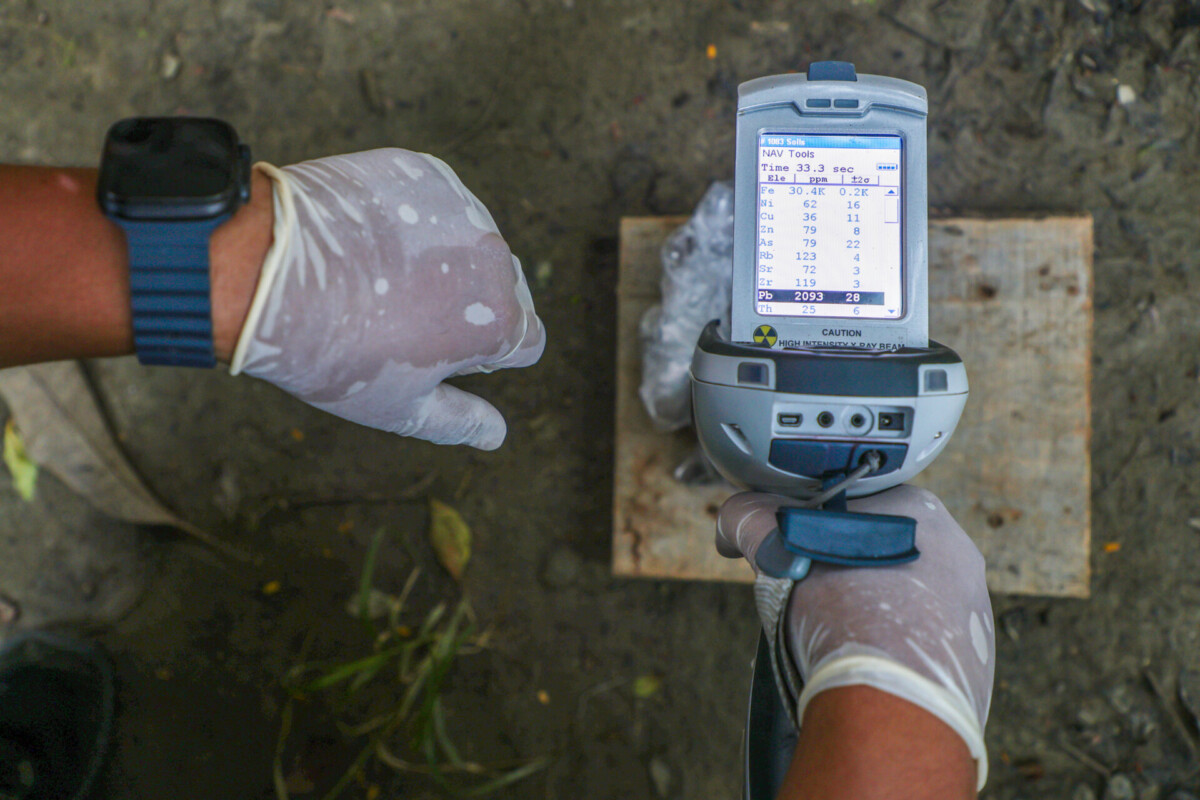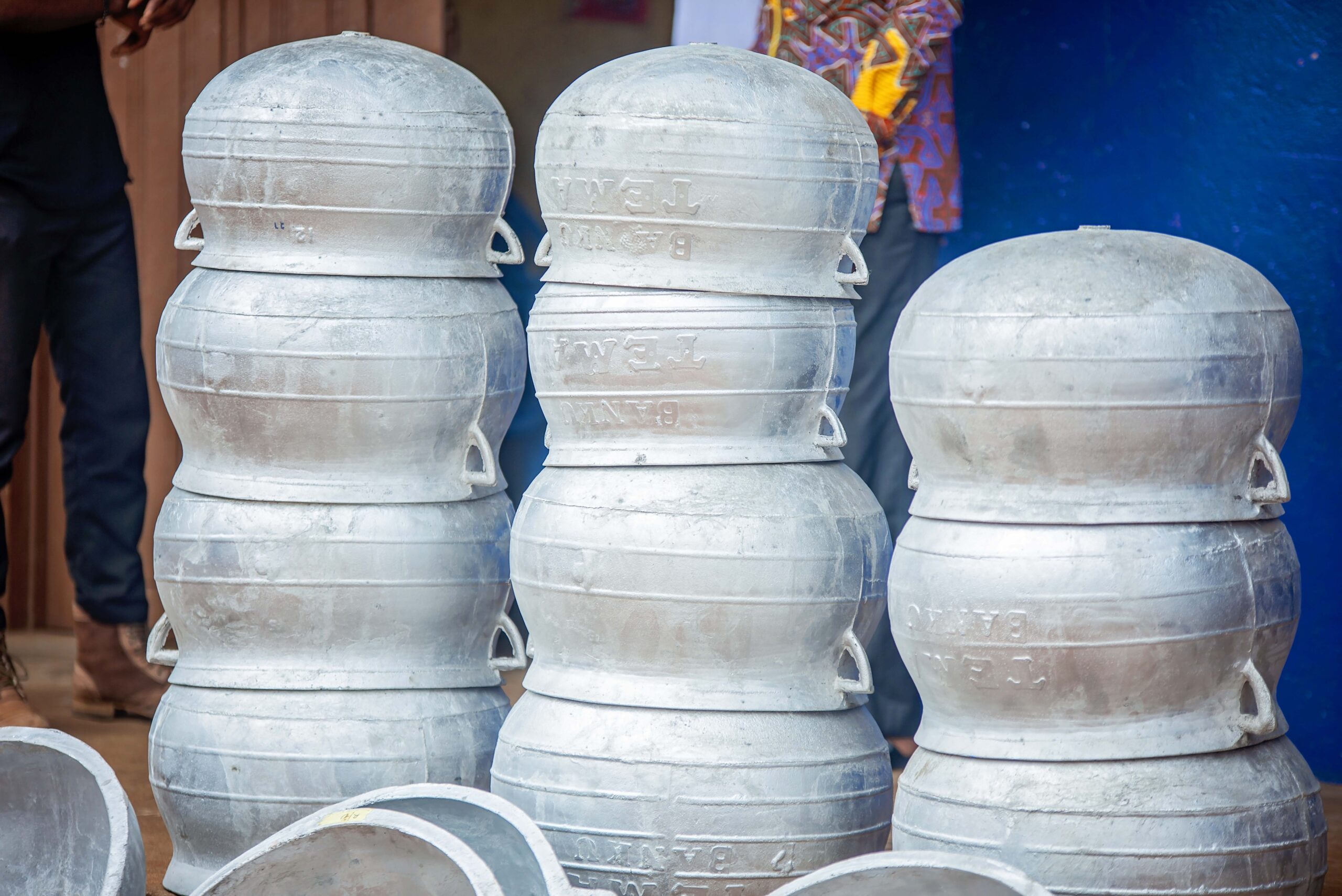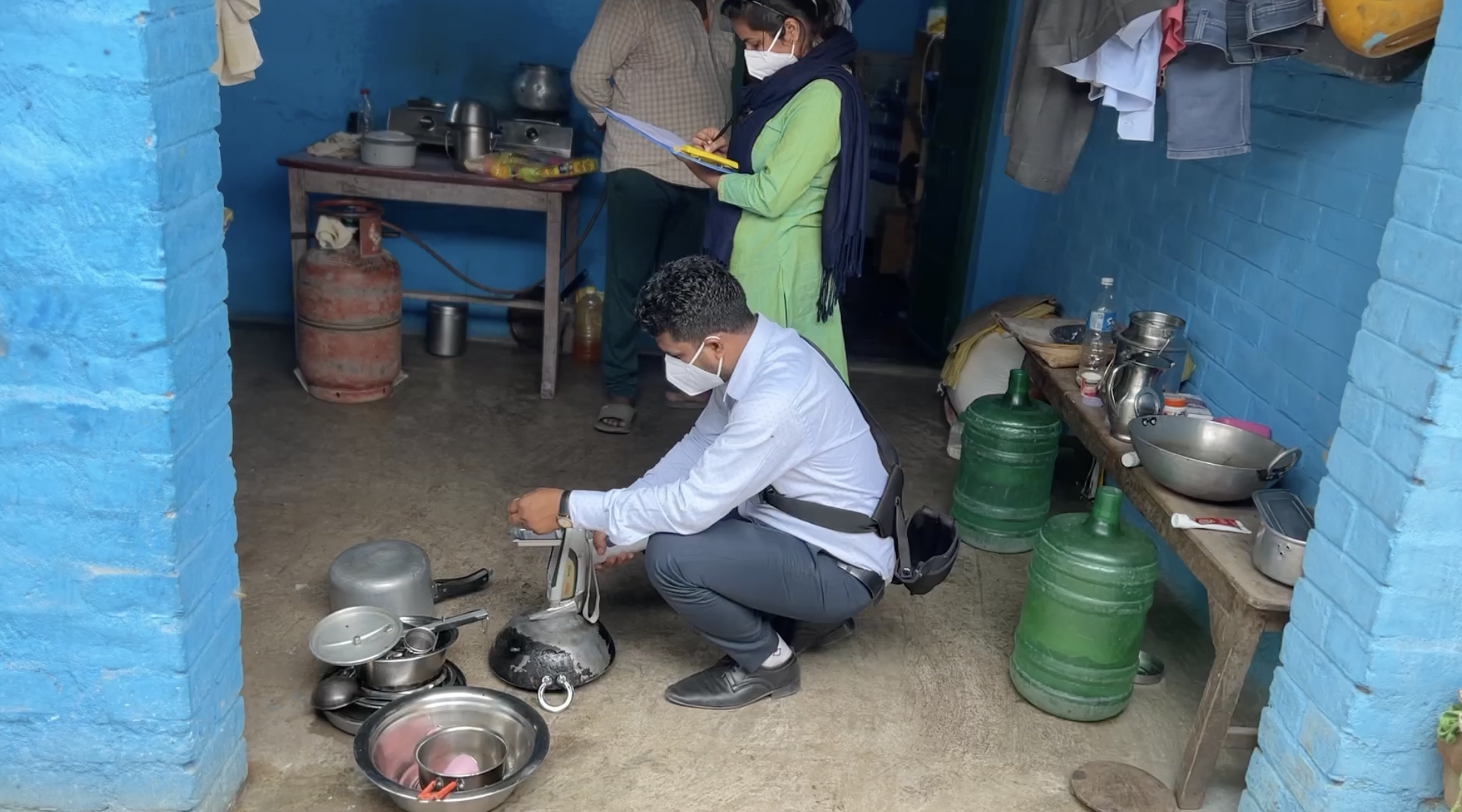About the Project
With funding from the Lead Exposure Action Fund (LEAF), the Mitigating Lead Exposure in Low- and Middle-Income Countries (LMICs) project seeks to reduce lead exposure in Asia, Africa, and Latin America from exposure sources such as metal and ceramic cookware, adulterated spices, environmentally unsound used lead-acid battery (ULAB) recycling, and cosmetics. The overarching objective is to assist governments and stakeholders in strengthening institutional capacities, programs, and policies to effectively assess, prioritize, and mitigate lead exposure.
The scope includes the identification and reduction of lead in cookware and cosmetics in Ghana, Peru, and Colombia; the reduction of lead contamination in spices and cookware in India; supporting the government in managing used lead-acid battery (ULAB) recycling practices in Indonesia; integrating lead exposure detection and treatment into national health systems through blood lead level (BLL) surveillance and source assessments in the Philippines; and researching lead poisoning prevalence and potential sources of exposure in Egypt.
About the Lead Exposure Action Fund (LEAF)
On the heels of the formation of the Partnership for a Lead Free Future in 2024, Open Philanthropy launched the Lead Exposure Action Fund (LEAF), a collaborative fund to accelerate progress toward eliminating lead exposure through strategic grants for measurement, mitigation, and mainstreaming.
Open Philanthropy is a philanthropic funder. It operates according to the principle that choosing causes is the most important decision a philanthropist can make, by seeking out important, neglected, and tractable causes where its funds will go especially far toward helping others. LEAF’s work is made possible by logistical support from Open Philanthropy’s Grants Management team, which has delivered over $3 billion in funding to recipients around the world.
Core Project Components
Through supply chain mapping, regulatory guidance, and collaboration with governments and other stakeholders, this project will work toward establishing long-term, effective lead mitigation strategies. In Ghana and the Andean region (Peru and Colombia), Pure Earth focuses on identifying and reducing lead in cookware and cosmetics; in India, the project addresses lead contamination in spices and cookware; in Indonesia, it tackles unsafe ULAB recycling practices; and in the Philippines and Egypt, the project is focused on integrating lead exposure detection and treatment into national health systems through blood lead level (BLL) surveillance and source assessments.
While all activities will be tailored to local contexts, the budget includes core components that will be similar across various locations, including their integration of awareness-raising, community education, and communications activities. The components are:
- Blood Lead Level Surveys: Assisting governments to analyze BLLs of target populations to determine the prevalence, severity, and demographic and geographic distribution of lead poisoning.
- Source Assessments: Assisting governments to identify and prioritize the primary sources of lead exposures in homes and in community environments by testing consumer products and environmental media.
- Risk Mitigation: Used Lead Acid Battery (ULAB) Regulation: Assisting governments, battery makers, and formal lead recyclers to develop or improve ULAB management policies, regulations, enforcement mechanisms, and regulatory compliance capacities.
- Risk Mitigation: Metallic Cookware. Assisting governments in setting safety standards for cookware, assessing and monitoring supply chains, building enforcement capacity, and testing novel risk-reduction methods that may be applicable and feasible for distributed, small-scale producers.
- Risk Mitigation: Ceramic Cookware. Work with producers on lead-free alternatives and with governments to assess and monitor supply chains and build enforcement capacity.
- Risk Mitigation: Spices. Assisting governments in setting safety standards for spices or other priority food products, assessing and monitoring supply chains, and building monitoring and enforcement capacities.
- Risk Mitigation: Cosmetics. Assisting governments in setting safety standards for cosmetics, assessing and monitoring supply chains, and building enforcement capacities.






